WELCOME TO MOJO HOMESTEAD
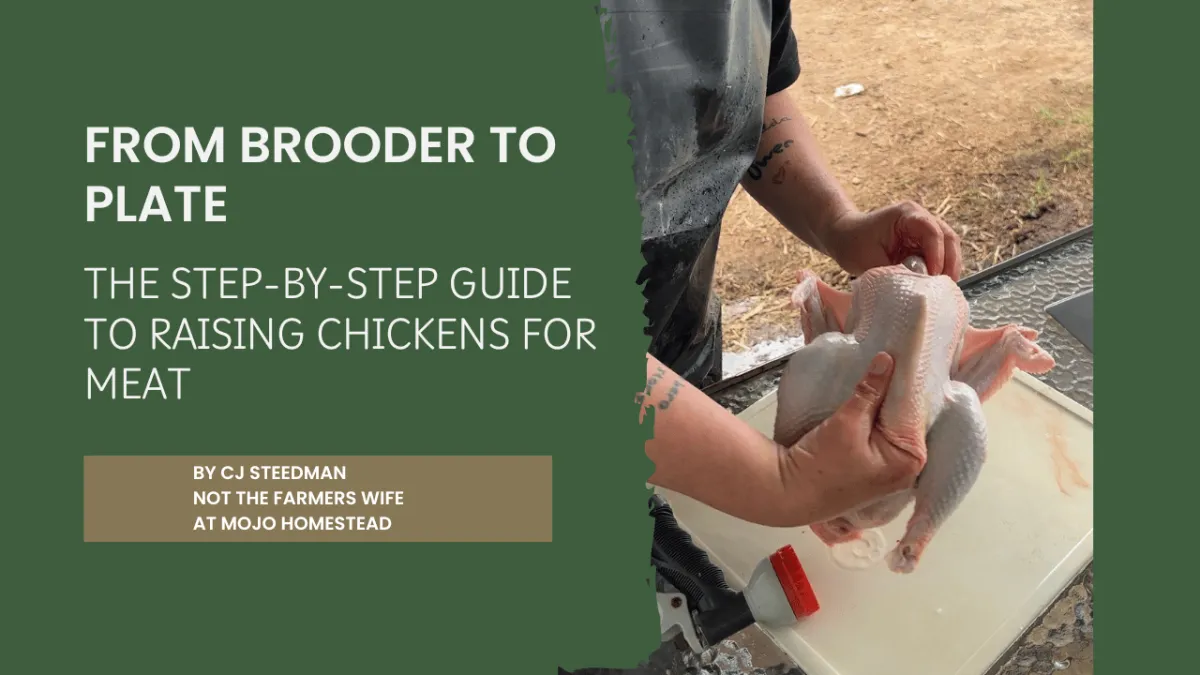
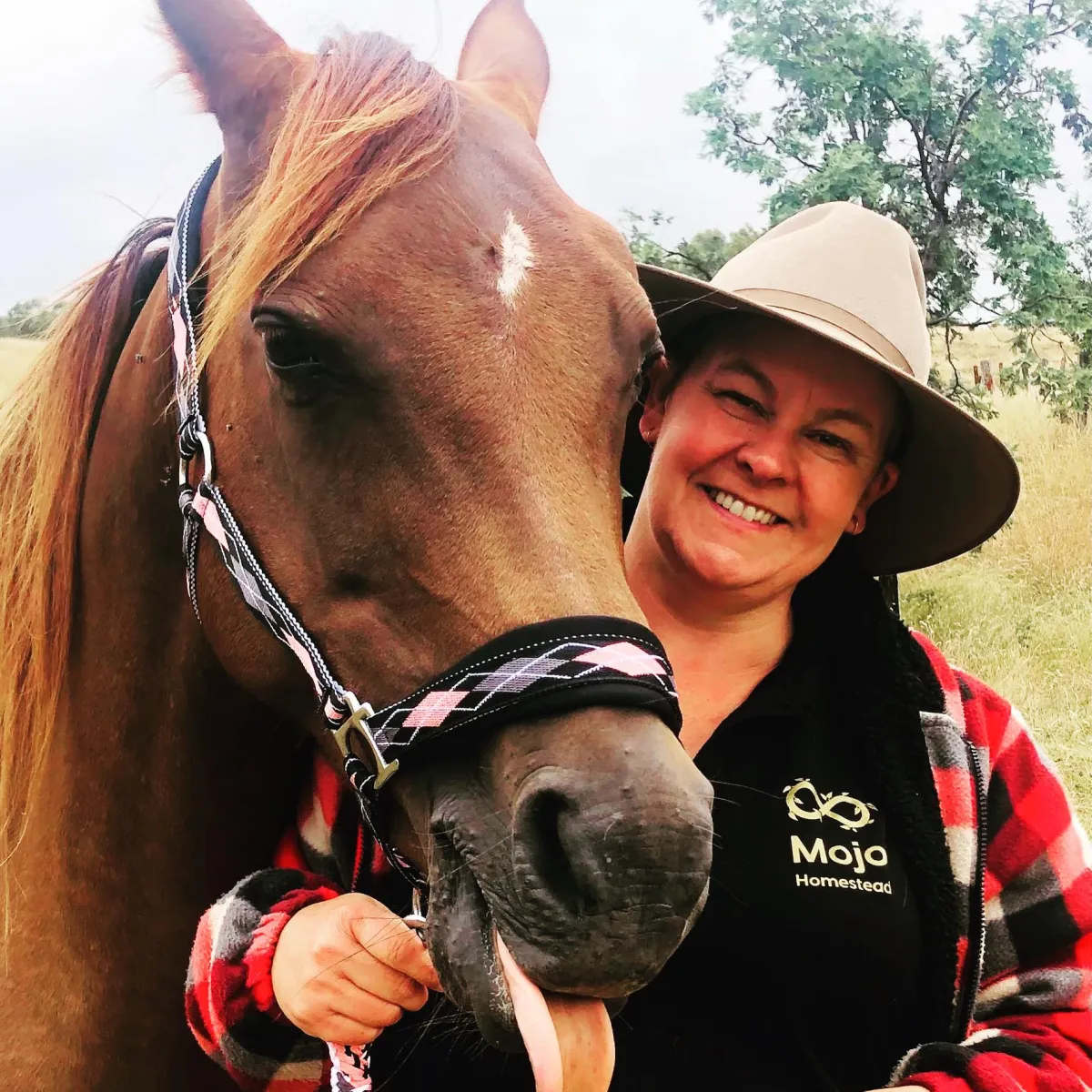
G'day,
I'm CJ Steedman
I'm a farmer! I'm also a mum, a partner, a full-time off-farm worker, and a passionate teacher. On my farm, Mojo Homestead, I keep chickens, goats, cows, horses and bees. I produce meat from our chickens, goats and cows. We also produce eggs, milk, honey and mohair.
It wasn't always that way. I used to live in the suburbs, on a tiny block with a little garden. I was a single mum, living pay cheque to pay cheque, and was struggling to give my family nutritious food and the outside play lifestyle that I grew up with.
I knew there had to be a better way, and I remembered what it was like growing up on a farm.
Living in the city, I was going broke fast! So I sold up and moved to a smaller town, not far away, as I had to keep working. It was 2.5 acres of overgrown and uncared-for gardens.
So, I got the veggie garden going, and then came chickens for eggs and bees for honey. By then the bug had well and truly got me!
Luckily I had also met my partner by then. I call him the Handy Helper. He was a single dad who had never lived on a farm, but he's a hard worker and a willing learner. I'm going to make a fully fledged farmer out of him in no time.
Together we decided to move to a bigger farm as we knew we needed more. Our dream home is set on 120 acres in the Southern Tablelands region in NSW, Australia.
We still work off the farm, and our house is a tiny home, but we are doing amazing things with fixing and prepping to be self-sustainable. I aim to produce as much as possible in a way that improves our environment and leaves our soil in perfect health. We know we will always have to go to the supermarket for some things (toilet paper, I'm looking at you) but we hope to produce the vast majority of our household needs at Mojo Homestead.
And, given my nature is not to be selfish and keep all the information to myself, I have a goal outside the farm. That is to educate people to produce what they can from their environment.
I would love to help you do just that because life is too short to eat store-bought eggs.
CJ
The Handy Helper
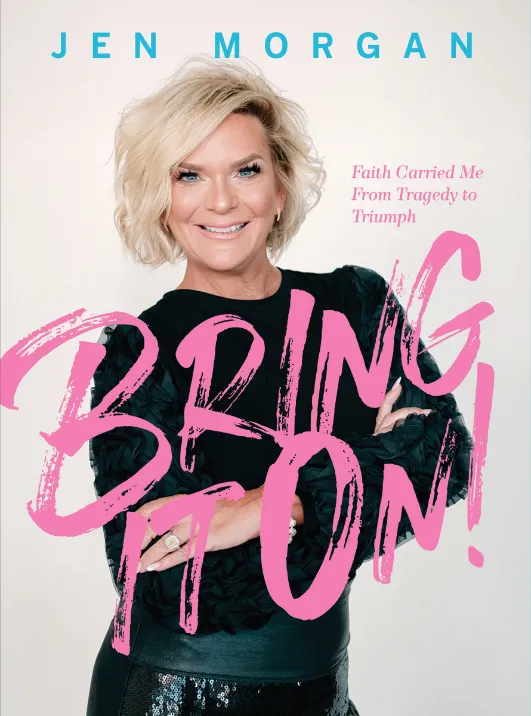
The Handy Helper is my partner in all things farming.
Originally a beach and city kid, he has adapted to life on a farm surprisingly well.
He is very handy with all things mechanical and structural. He can turn scrap metal and timber into amazing farm structures in no time.
But most of all he is an animal lover, and has relished the role of learning to be a great livestock guardian.
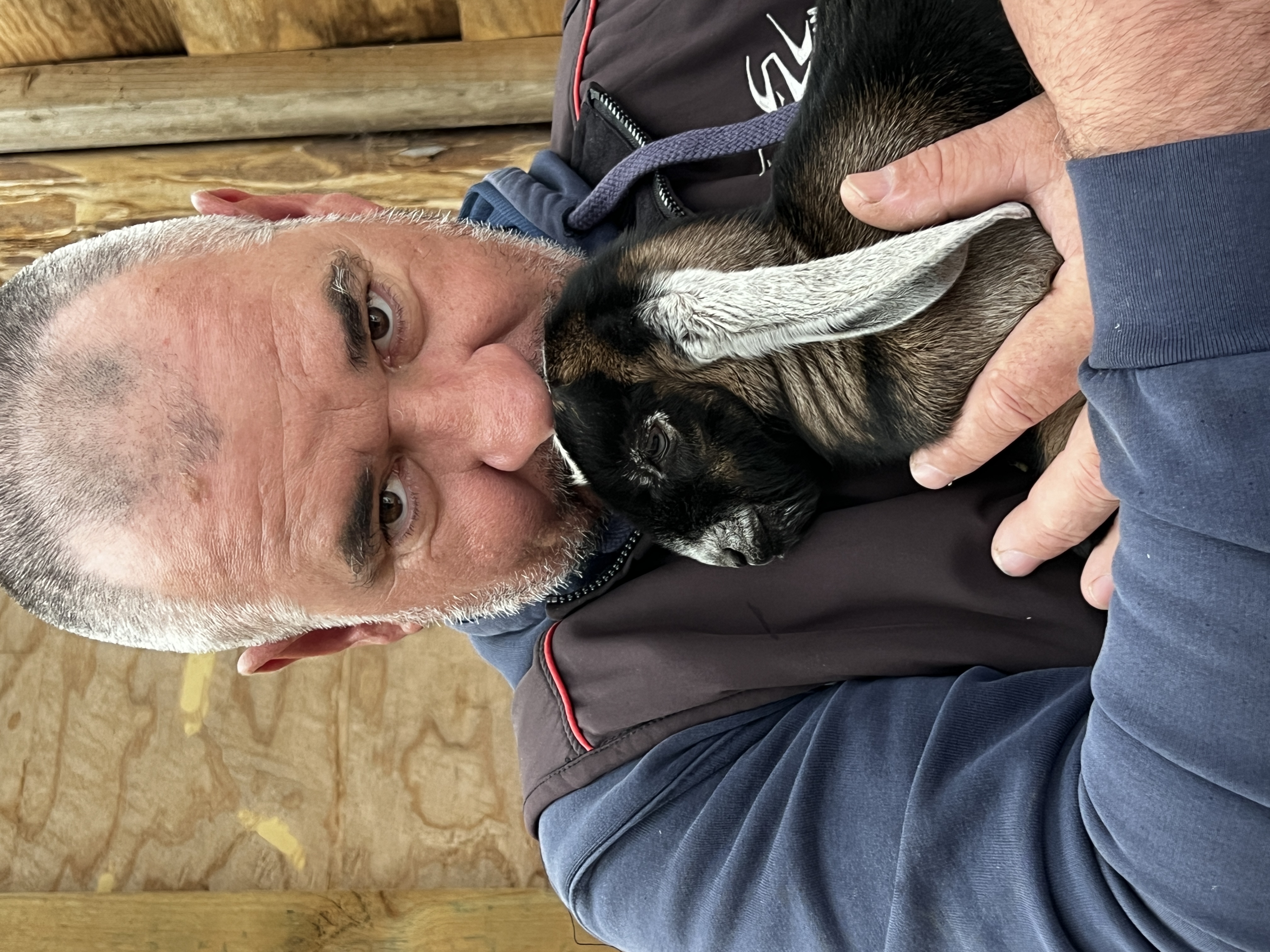
COURSES AND BOOKS
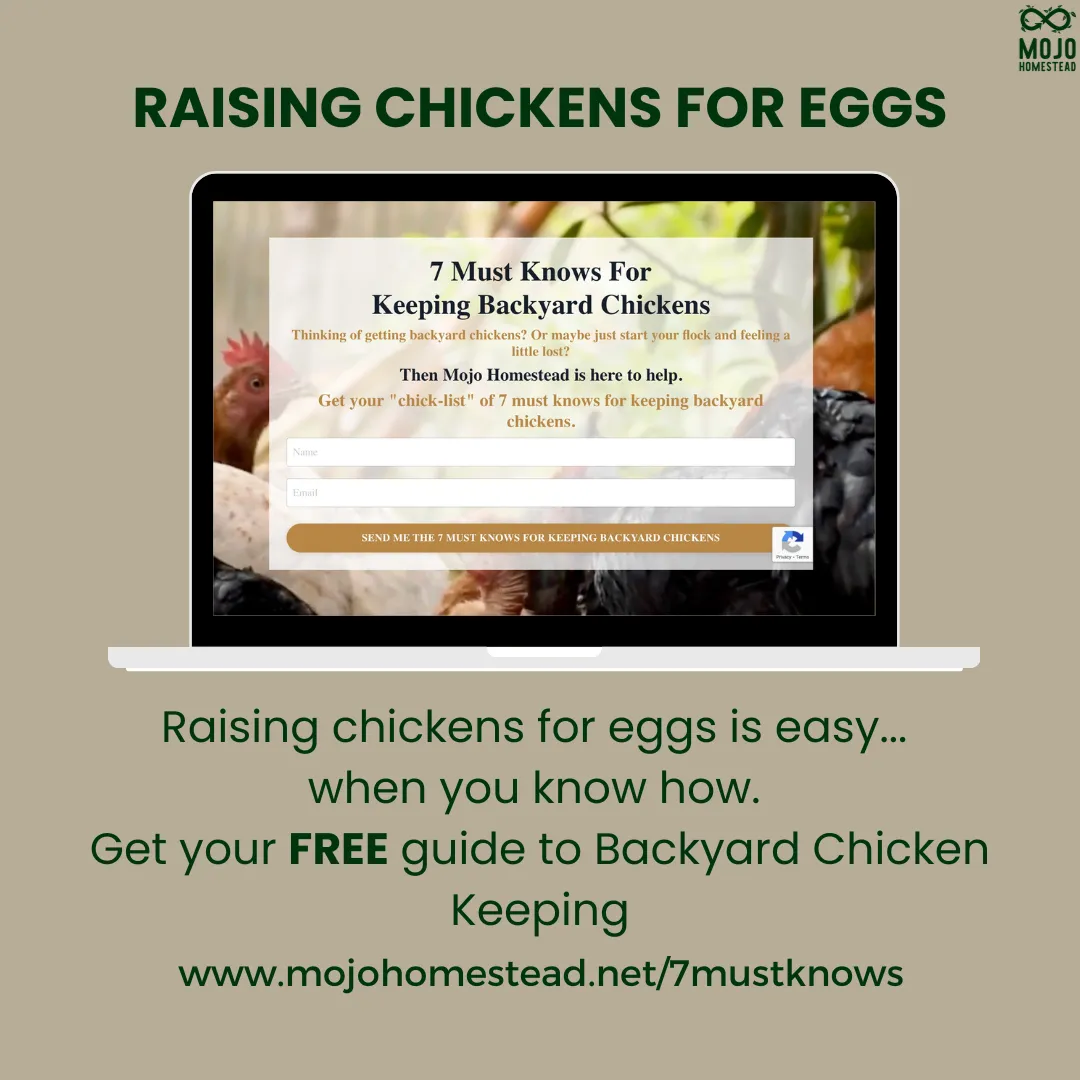
Here at Mojo Homestead we love to help other families get started on their homesteading and self-sufficiency journey, and the best way we can do that is to share our knowledge with others.
While we do have freebies, we also have to make a living, so we have paid courses and books available. Because we are frugal ourselves, we try to keep all our courses and books reasonably priced, so anyone really wanting to can get started.
HOW TO JOIN OUR TRIBE
Join our email list by signing up for one of our freebies or jump on a specific waitlist.
You can find them all here.
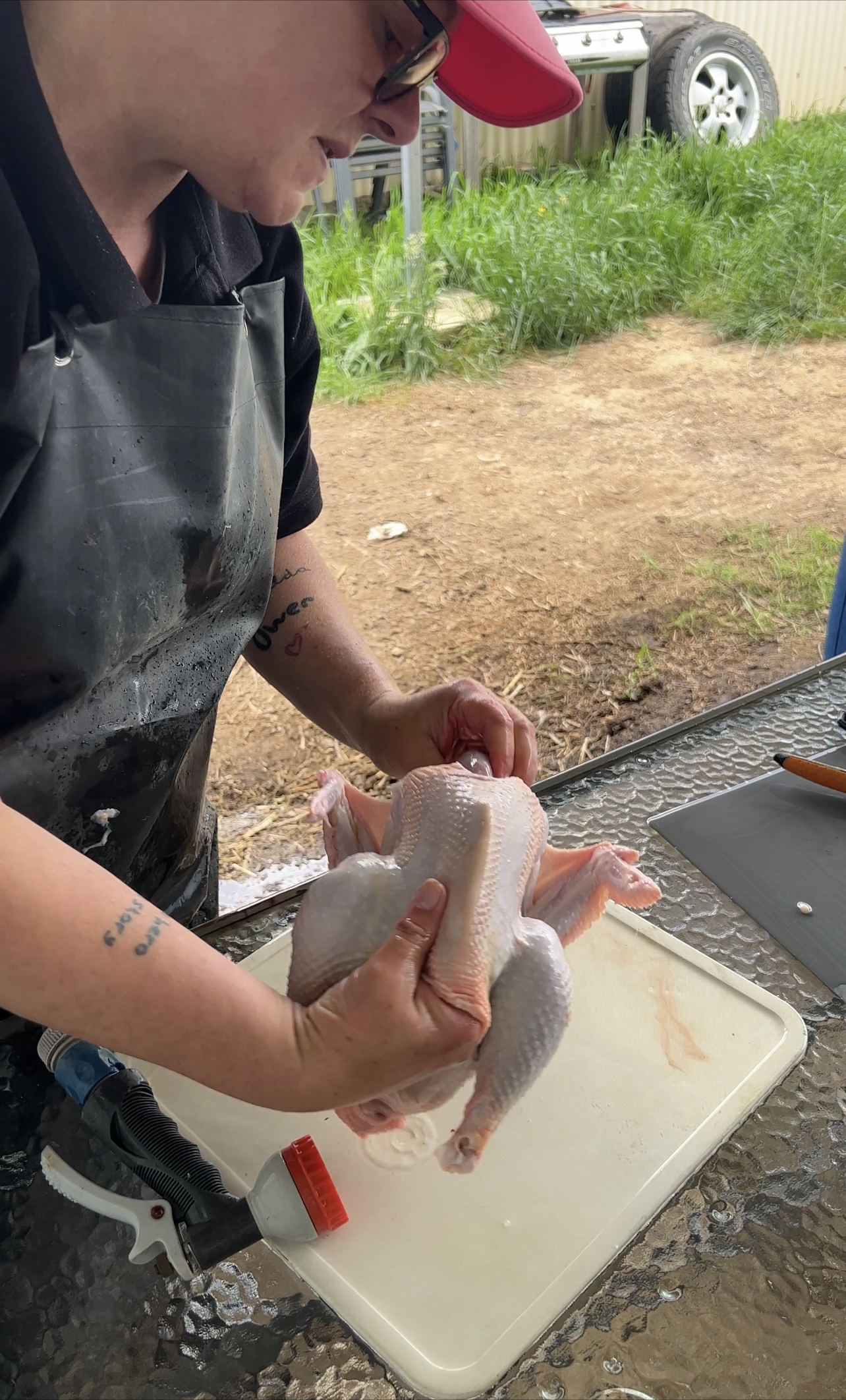
WHAT PEOPLE ARE SAYING
© Copyright 2024. Mojo Homestead. All rights reserved.
